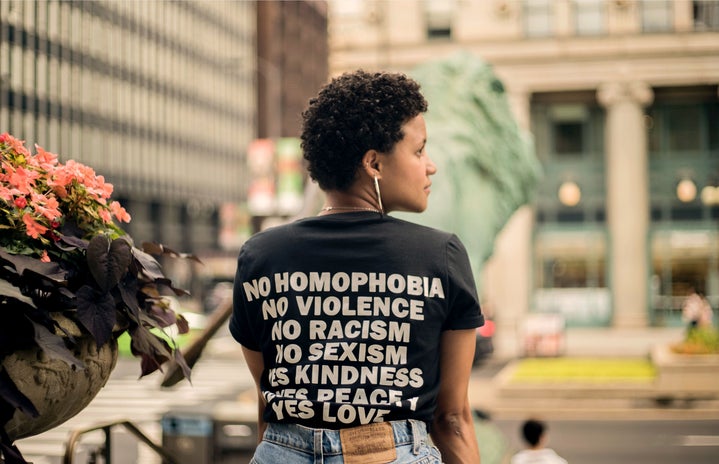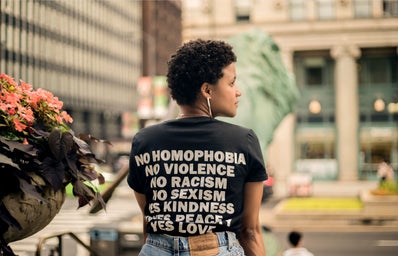There seems to be a natural tendency to accept certain “classic” novels, perhaps for their accolades or their decades-long position on high school and college reading lists. Unfortunately, many of these acclaimed books are the most discriminatory selections lining the library shelves. Even “feminist” staples, once considered revolutionary proponents of human rights, are littered with racism and, ironically, even sexism. Just recently, after decades of progress in civil rights, younger generations are calling BS. How can a book be feminist if it puts down women?
Out of the regrettably wide assortment of problematic novels commended as “feminist,” the most shocking (to me) is Sylvia Plath’s The Bell Jar. Initially published in 1963, the book is now the subject of various valid criticisms. Not only does it exemplify so-called “white feminism,” a brand of “feminism” that emphasizes the rights of non-minority women, but it exhibits blatant racism. Racist stereotypes permeate the narrator’s contemplations. For instance, she describes her friend as “dusky as a bleached-blonde negress” and indicates her reflection looks like “a big, smudgy-eyed Chinese woman.” Such prejudicial remarks towards fellow women are clearly not feminist. They are unacceptable.
Mary Wollstonecraft’s 1792 pamphlet A Vindication of the Rights of Woman is considered one of the foremost feminist philosophical works. However, published in Britain before slavery was abolished, Wollstonecraft imparts a perspective on slavery that is now obviously unethical. She portrays the enslaved person as complicit in their state of enslavement. Representing women as enslaved by social, political and economic conditions favoring men, Wollstonecraft indicates that simply improving the education system will release women from enslavement. Through such a comparison, she minimizes the suffering of actual enslaved persons. I understand why A Vindication of the Rights of Woman was included as a required reading my English major prerequisites. However, I cannot comprehend why we studied it as simply an early “feminist” piece without acknowledging such flagrant prejudice.
Following a seemingly faultless heroine, Jane Eyre by Charlotte Brönte is another “feminist classic” fraught with racism. It also seems to be an early development of “white feminism,” flaunting a morally upright, white female protagonist. Referring to Mr. Rochester’s dressing in black-face, Brönte describes him as a “shockingly ugly old creature… almost as black as a crock.” Furthermore, Brönte’s characterization of Bertha, a Creole woman, presents a stark contrast with that of Jane. She describes Bertha as “savage,” with “red eyes and the fearful blackened inflation of linaments.” Though Brönte offers a female heroine, she juxtaposes Jane Eyre with a fellow woman formulated on the basis of racism.
Though it is horrifying to accept that countless celebrated “feminist” staples are antifeminist and prejudicial, we must recognize such failures. We stunt ourselves from progressing towards equality by ignoring or discounting blatant discrimination. These novels perpetuate harmful ideologies that stymie advances in women’s rights. As such, we should read them with discretion rather than accept them as simply “classics.”


